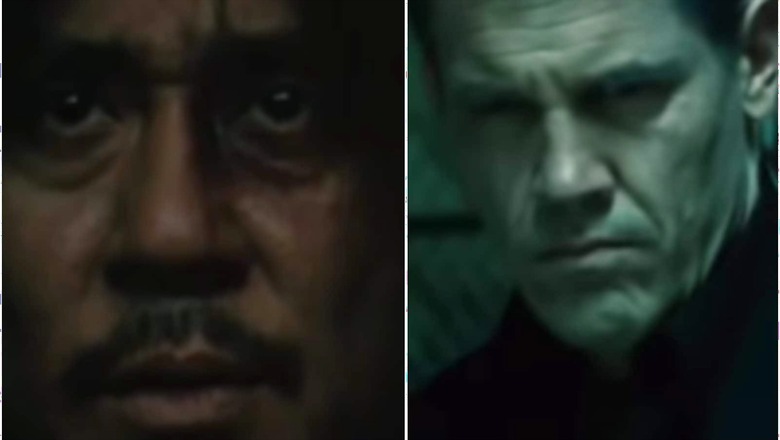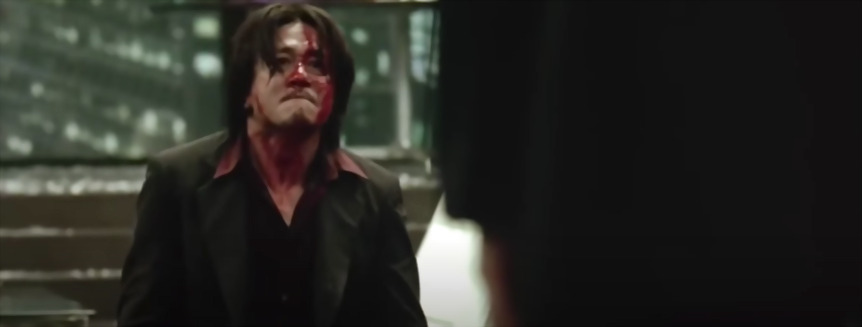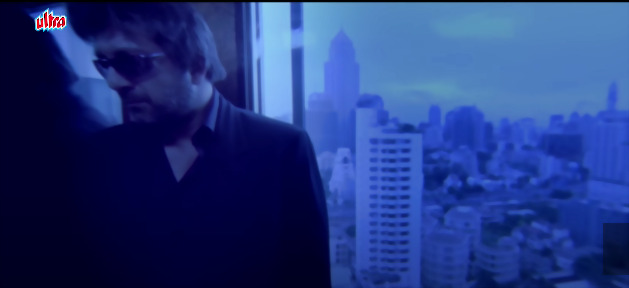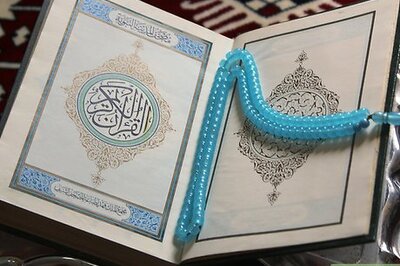
views
In this weekly column, Reel Retake, we compare the original film and its remake. Beyond highlighting the similarities, differences and measuring them on the success scale, we aim to discover the potential in the storyline that spurred the thought for a newer version and the ways in which a remake could possibly offer a different viewing experience. And if that is the case, analyse the film.
The movie in focus this week is Korean thriller Oldboy (2003) and its Hollywood remake of the same name that was released in 2013. Interestingly, a Bollywood version, titled Zinda, also had a similar storyline but since no rights were officially purchased, it is not termed a remake.
What is Oldboy about?
Oh Dae-su (Choi Min-sik) is kidnapped and wakes up in a sealed hotel room, where his only contact with the outside world is through a trapdoor. He is served the same food on a tray day in and out. Bewildered and desperate, Dae-su pleads and screams to let him out, but to no avail. He spends his time watching TV, shadowboxing, plotting revenge and trying to dig a tunnel to escape. Fifteen years pass by in imprisonment. Right before digging himself to freedom, Dae-su is sedated and released. It is later revealed that the place where Dae-su was boxed is a private prison for the rich clients.
Once outside, Dae-su tests his fighting skills on a group of thugs. Sometime later, a beggar gives him some money and a cell phone. Dae-su enters a sushi restaurant where he meets Mi-do (Kang Hye-jung). He then receives a phone call from his captor who taunts him. In a fit of rage, he collapses and is taken to her house by Mi-do. Still frenzied, Dae-su tries to force himself on her in the bathroom of her apartment. However, she is armed with a knife and fights him off. Mi-do explains to Dae-su that she is romantically interested in him, forgives him and they start to form a bond.
Dae-su is focused on identifying his captor. He follows a deliveryman from the restaurant that served him food in captivity. Dae-su is attacked by guards and is stabbed but manages to survive. Dae-su’s captor is revealed to be a wealthy man named Lee Woo-jin (Yoo Ji-tae). Woo-jin gives Dae-su an ultimatum: if he can uncover the motive for his imprisonment within five days, Woo-jin will kill himself. Otherwise, he will kill Mi-do.
Dae-su and Mi-do get close and have sex. Dae-su eventually recalls that he and Woo-jin had gone to the same high school, and he had witnessed Woo-jin committing incest with his own sister. At least that is what he thought he saw. Rumors spread and Woo-jin’s sister kills herself, leading a grief-stricken Woo-jin to seek revenge. At Woo-jin’s penthouse, it is revealed that Mi-do is actually Dae-su’s daughter. Woo-jin threatens to reveal the truth about Dae-su having sex with his own daughter to her. Dae-su apologises for his involvement in the death of Woo-jin’s sister. He also humiliates himself by imitating a dog, begs and even cuts out his own tongue. Woo-jin accepts Dae-su’s apology. As he the enters the elevator, recalls his sister’s suicide and shoots himself in the head.
Afterward, Mi-do finds Dae-su lying in snow. Mi-do confesses her love for him and the two embrace. Dae-su smiles, which is slowly replaced by a look of pain.
Wherein lies the potential?
Oldboy is a revenge tale at its raw and spiteful best and there has been none like it. Termed a classic in the neo-noir genre, the movie is still one of the best South Korean title to hit the market. It has attained cult status on the account of a three-minute-long hallway action sequence which is shot in one take. Choi Min-sik as Dae-su shows resilience and hell breaks loose when he revisits the place where he was held captive. This famed sequence aside, the psychological aftereffects of pain, suffering, loneliness and loss are captured brilliantly through the various characters we encounter in Oldboy.
There is a constant pull about Dae-su. The anti-hero character is fleshed out in such a way that you invest in his revenge wholeheartedly but don’t trust him or empathise with him. This is evident in the hallway action sequence, when despite being injured and stabbed, he continues to fight the goons with a hammer. In this moment, you’d want to see him die fighting and that will be a satisfying climax in itself. The fact he survives only sets off a more terrible chain of events that further dampen his ‘image’ for the viewers. His ambiguity only worsens with time. But director Park Chan-wook concerns least with morality as he presents us with a twisted character at the very onset and unravels his even more complicated past.

The story of Oldboy jumps right in with the plot twist of captivity and the revenge plan. The effective montages show how time has stayed still for Dae-su even while years have passed by. These contradictions are plenty in the film and leave the viewers in a constant state of unease. The climax where Woo-jin gets his revenge on Dae-su is also a satisfying end. Dae-su cuts off his tongue and is one of the best face-off sequences where despite having pent up rage, Dae-su is the one who is one his knees and eventually the loser.
The action sequences are aesthetically shot and even blood spill won’t make you turn away from the screen. Oldboy has a distinct style and visual tone that works wonders in its favour and helps in presentation of the complex themes of revenge and repentance with brilliance. There are shaky camera movements and the use of angle is also very subtle, reinforcing the victor and the defeated at each turn. The lighting is a mix of gritty and dark with shadow play, to use of bright colour and flat tones. At no point, we become familiar with the style and this keeps us hooked till the end and invested in the storytelling. Use of music in montages and action sequences blends into the environment and helps in developing mystery.
The Hollywood and Bollywood Oldboy remakes
It is very difficult to achieve what Oldboy has to offer. Fans have often debated if it merited a remake in the first place because it is a standout film in itself. In the West, the remake was directed by Spike Lee with Josh Brolin as Joe, the main lead. There are certain changes in the Hollywood version but the story remains the same in effect. The Korean original leaned into a fantastical atmosphere with a deranged and dysfunctional Dae-su. There are hallucinations and awkward interactions that lend a deeper psychological dimension to the original. Like the subway scene where Mi-do sees a giant ant as a co-passenger or when Dae-su tells his backstory to a suicidal person. Hollywood’s Oldboy takes a less convoluted approach than this and presents us with a matter-of-fact version of events. The impact is lesser as we know that the story is then headed on a predictable path devoid of metaphorical and insightful detours. The glorification of violence becomes a problem with the Hollywood version.

As for Zinda (2006), the Bollywood version, that draws the Oldboy storyline, much can’t be said as neither the storytelling is of that level and nor the performances of the cast. The blue tint of the film also feels off. Plus, back then, the film maybe considered ahead of its time as such an experimental storyline was not familiar to the Indian audience. However, years have not been kind to it either.

Success meter
Oldboy is considered a modern day masterpiece and has long represented Korean action genre internationally. It received mega box office success and rightfully holds a cult status among movie lovers. It is often revisited for its style, theme, conflicted character and presentation. Many prominent filmmakers of today’s generation have been inspired by Chan-wook’s direction of the original. The Hollywood Oldboy was compared with the Korean version even before arrival and always paled in comparison. But on the upside, it fetched more appreciation and audience for the original movie. In Bollywood, Zinda did not receive much box office success although Sanjay Dutt was singled out for praise. The visual aesthetic that Zinda has, does not not augur well with what we were accustomed to see when it released.
Read all the Latest News, Breaking News and Assembly Elections Live Updates here.




















Comments
0 comment